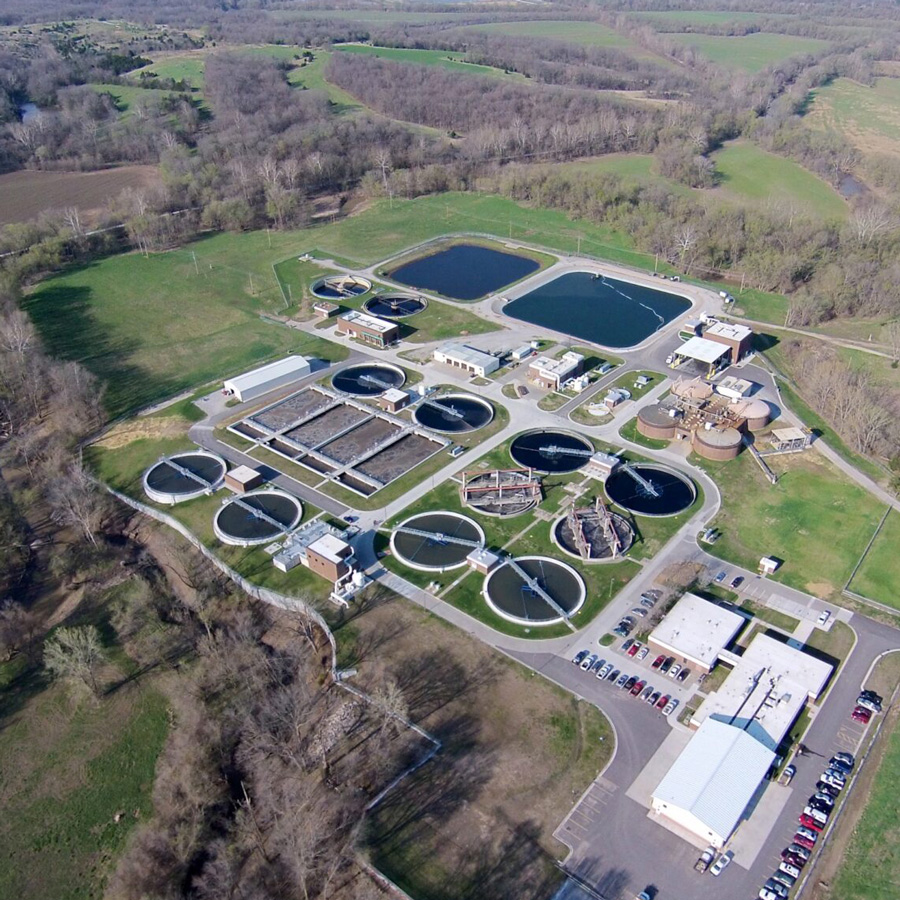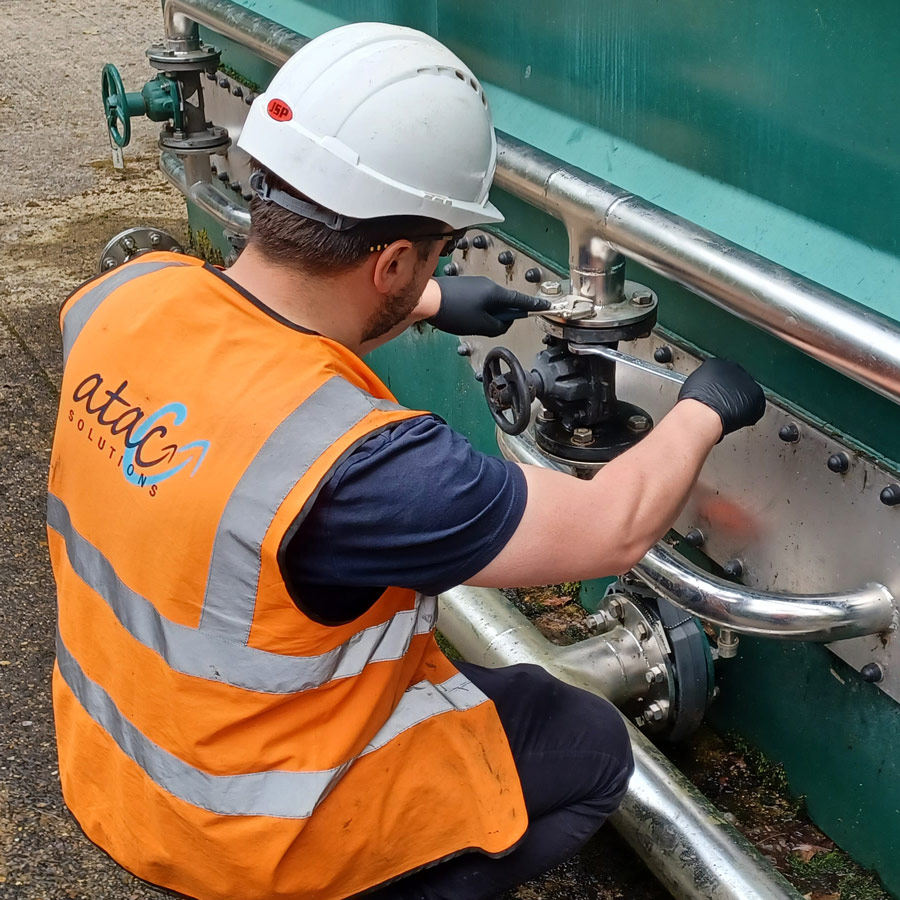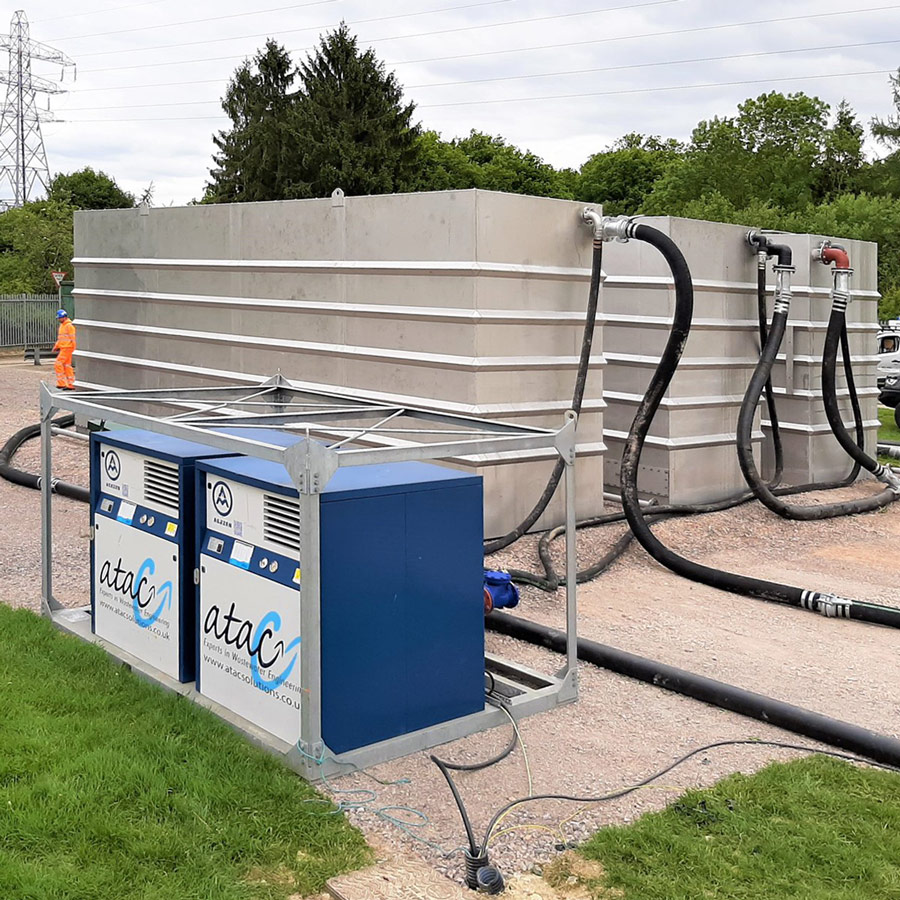
COAG Tanks are specialised units designed for phosphorus removal processes, consisting of two chambers equipped with top-mounted mixers operating at different speeds:
Alternative Configuration
COAG Tanks can be supplied with an inline mixing device for mixing of chemicals directly into the wastewater flow, which is then pumped into the Slow Mixing tank.
Downstream Treatment Options:
Standard System Configurations:
| Model | Maximum Flow Rate (L/s) | Flow Rate (m³/hr) | Configuration Options |
|---|---|---|---|
| COAG-1 | ~18 | ~65 | Dual chamber or inline mixing device |
| COAG-2 | ~33 | ~119 | Dual chamber or inline mixing device |
| COAG-3 | ~50 | ~180 | Dual chamber or inline mixing device |
| COAG-4 | ~68 | ~245 | Dual chamber or inline mixing device |
Note: The phosphorus removal process using ferric salts results in an increase in Total Suspended Solids (TSS). MITA filters are particularly effective in this application, as their cloth filter technology efficiently removes even very fine suspended solids.

